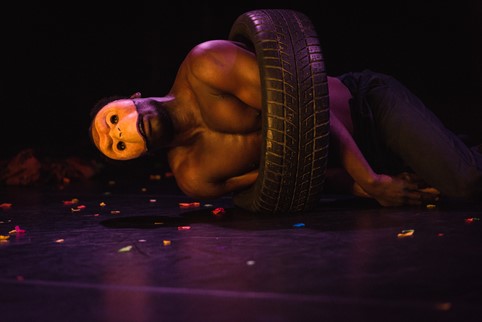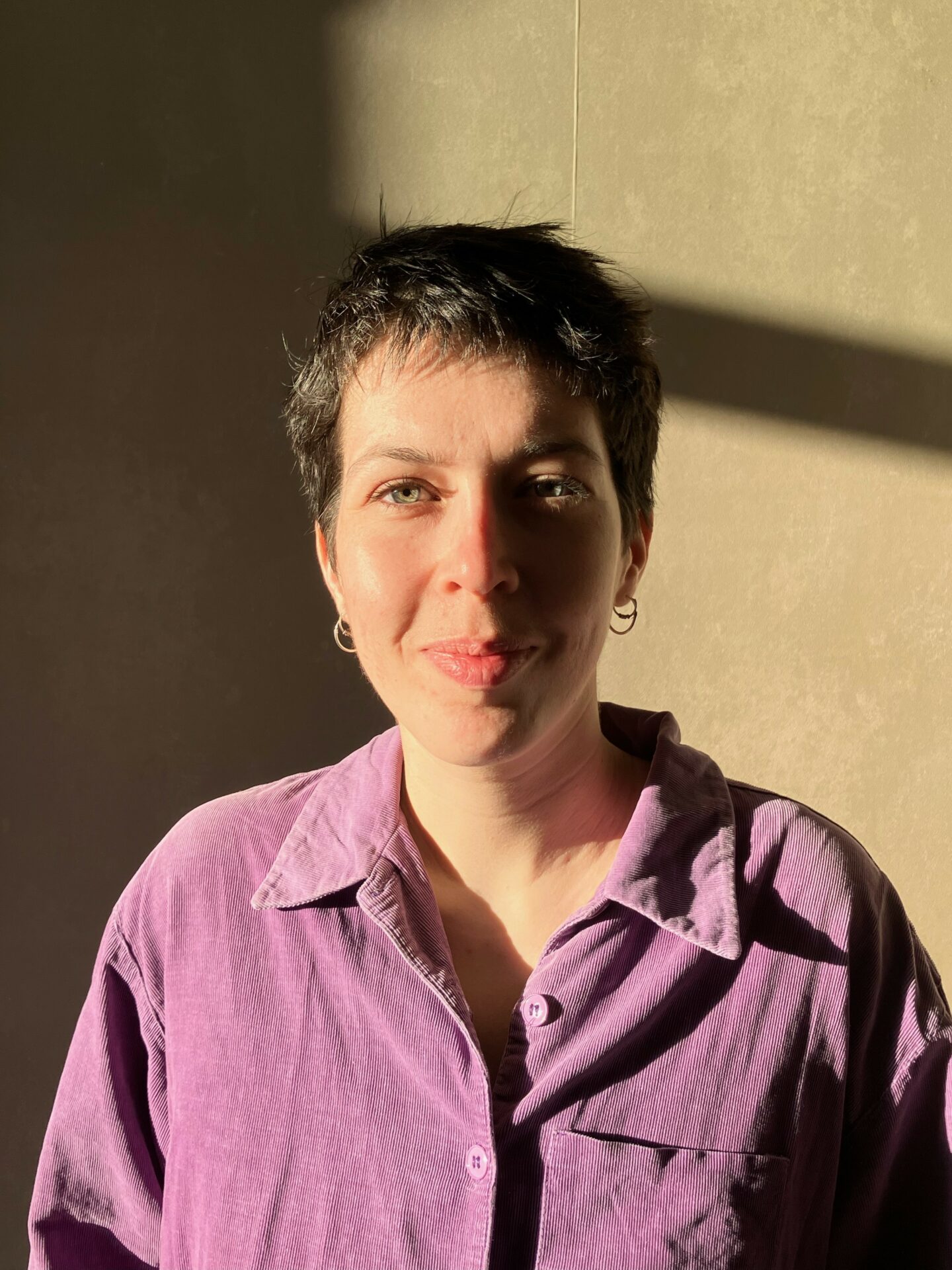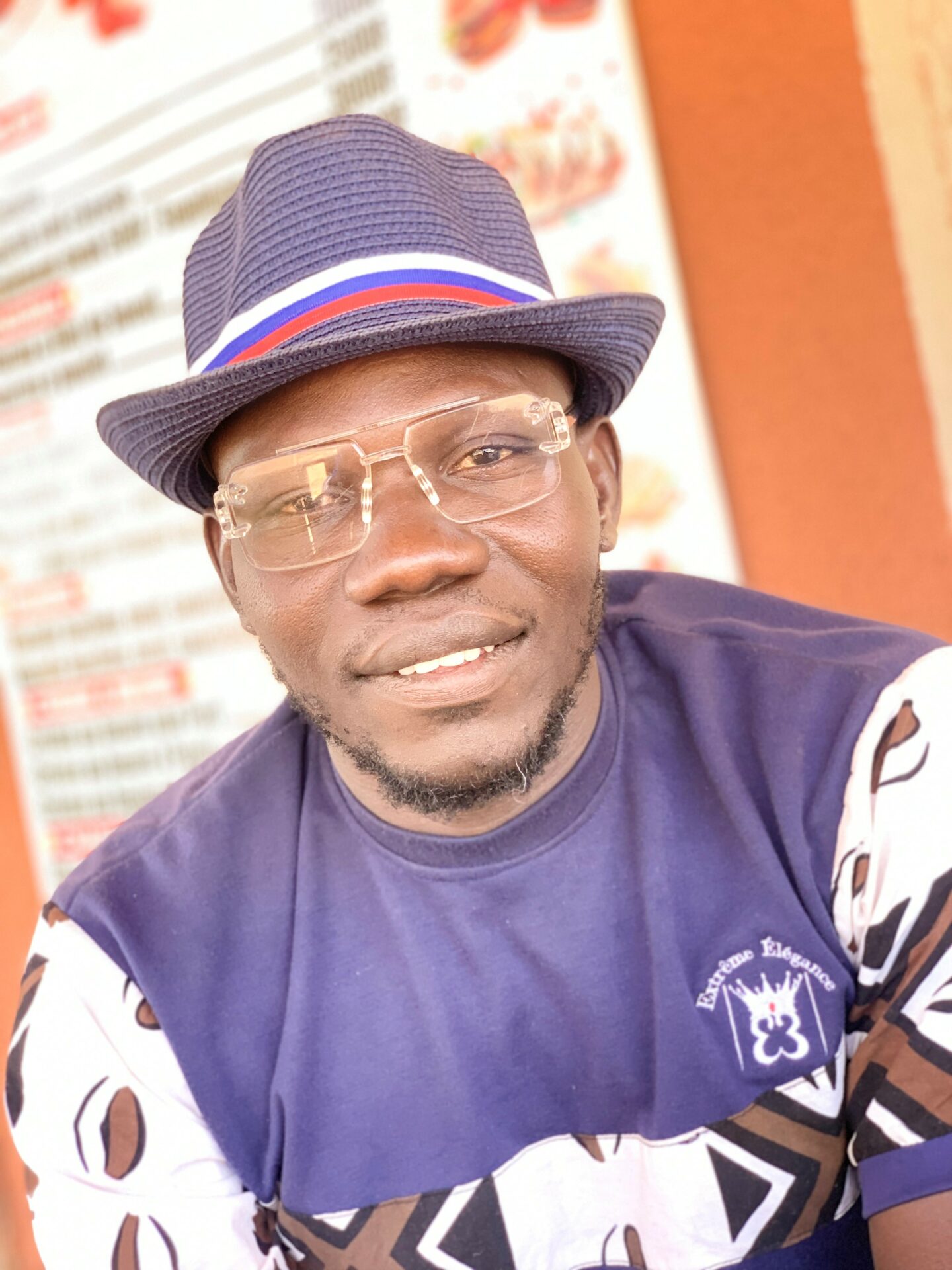Research residencies

In June 2025

Alice Jäger (France) will be in residence from June 2 to 6, then from June 16 to July 10, to pursue her thesis research on the representation of minority experiences in contemporary puppet theater.
Alice Jäger is a contract PhD student in the Passages XX-XXI laboratory at the Université Lumière Lyon 2, devoting her thesis to the representation of minority experiences in contemporary puppetry. Under the supervision of Julie Sermon, the thesis approaches the field of puppetry through its representations of minority groups, characters and experiences. In a transdisciplinary approach, it draws on theoretical contributions from cultural studies, queer studies, decolonial and post-colonial studies, while remaining firmly rooted in the theories and practices of theater studies.
She trained in the construction (with Aurianne Bourbonneux, a graduate of Théâtre aux Mains Nues) and manipulation of puppets (with the Projet D collective) and objects (with Shirley Niclais) to gain a better understanding of her objects of study, and to conduct in-depth investigations into creative processes (through observation and comprehensive interviews).
After defending her dissertation entitled “Sortir les marionnettes du placard ; praxis queer dans les théâtres de marionnettes contemporains en France”, supervised by Eloi Recoing at the Sorbonne Nouvelle theatre studies department, she turned her attention to her job as audience relations manager at the TGP (CDN de Saint-Denis). She has also worked as assistant director for the Normandy company Sur Nos Lèvres, and as a set designer for animated films.
As part of her thesis work, the research residency will provide an opportunity for an in-depth historical perspective on contemporary representations, focusing on issues of construction and aesthetics in the representation of minority experiences. It will provide an overview of the different ways in which minority figures have been represented from the 1950s to the 2000s.

Charles Nomwendé Tiendrebéogo (Burkina Faso) is in residence from June 2 to 13. Researcher and artist, he is preparing a thesis under the supervision of Guy Freixe entitled “Rewriting or adapting a traditional African practice in contemporary theatrical language(s): fiber masks in certain ethnic groups of Burkina Faso”.
Charles Nomwendé Tiendrebéogo is an artist-actor and performer, director, trainer and doctoral student in performing arts. He graduated from Jean-Pierre Guingané́’s Centre de formation et de recherche en arts vivants (CFRAV), Ouagadougou (BF). He then worked as an assistant to Ildevert MEDA, an illustrious Burkinabè director, before pursuing training on the side of Academia Teatro Dimitri in Switzerland during the 2015/16 academic year for a master’s degree course “in Physical Theater.” Over the years, he has performed in several theatrical productions in Burkina Faso, the Czech Republic, France, Italy, Switzerland…
Keen to deepen his knowledge in this field, he embarked on a post-master’s experience in the Czech Republic with Pavel Stourac. In Ouagadougou, Burkina Faso, he set up an artistic structure called ARCI (Art-complet / Recherche / Créativité / Innovation) and écho-spectacles, a platform for online ticket sales and publicity for artistic events.
As a doctoral student, he is examining the following topic: “The adaptation of the traditional African zoomorphic mask in contemporary theater: A cross-cultural approach to preservation and innovation”. How can theater serve the traditional practice of African masks, and vice-versa, in contemporary times? It explores the integration of traditional African zoomorphic masks into contemporary theatrical practice, looking at how these zoomorphic masks can be adapted and used in modern theater, while preserving their cultural significance. This research will interrogate three essential basic elements: the mask (adapted to the theater), the body (of the actor) and animality. In other words: mind, body and soul. These basic elements will be nourished by rhythms, bodily expressions and languages.
